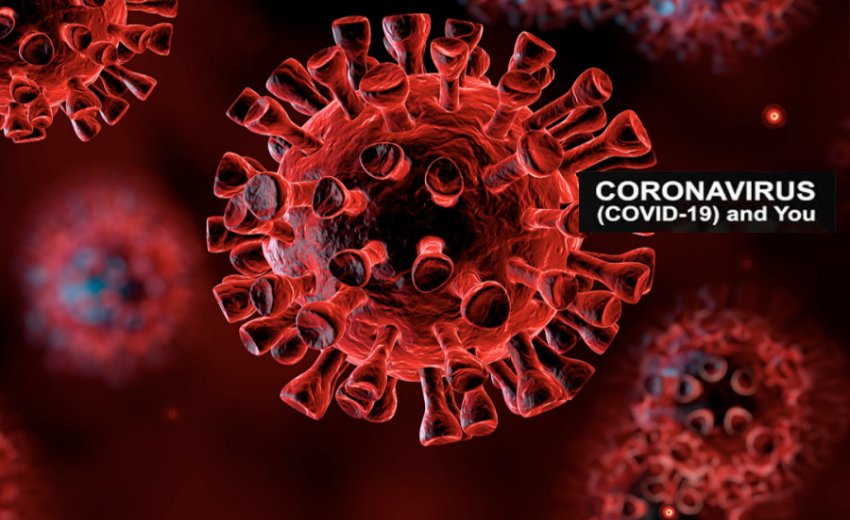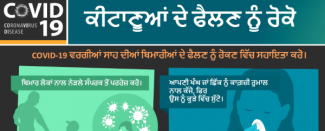COVID-19 (Coronavirus) Preparedness and Tips
Yesterday, the World Health Organization announced that COVID-19 (the coronavirus you’ve heard about on the news) is officially a pandemic. Given the heightened concerns about the health of our sangat, the Sikh Coalition asked that I share information and recommendations as it relates to the virus so that our gurdwaras can be better prepared to handle concerns.
I serve as an infectious disease specialist in Southern California. Although we now know more about COVID-19 than we did weeks ago, we still do not fully understand the full clinical picture of the disease. Reported illnesses have ranged from mild to severe, and it can result in death. We do know that our elderly and those with pre-existing health conditions or suppressed immunity are especially susceptible.
While it is important to recognize the gravity of COVID-19, we must also take care to not succumb to panic. As an infectious disease specialist, I urge you to share factual information from the Centers for Disease Control (CDC) and other reputable health agencies with your sangat. It is also critical that you monitor recommendations made by local, state, and national government agencies, because that information is ever-evolving and is specific to your local community.
To that end, here are several recommendations that I urge you and your gurdwaras to employ.
First, remind your sangat to:
-
Stay home when they feel sick, and seek medical care sooner rather than later--especially if they have a cough, fever, or shortness of breath.
-
Avoid sharing food or drinks.
-
Wash their hands frequently with soap and water for at least 20 seconds (or about what it takes to say mool mantar 3 times).
-
Refrain from hugs and handshakes as much as possible; address one another with fatehs instead.
-
Keep bathrooms, sinks, and the gurdwara clean.
-
Be extra mindful of elders and very young children as related to exposure and symptoms.
-
Get their flu shots! There is still circulating influenza in the population, and it is a serious respiratory illness--it is not too late for a flu vaccine to be effective.
Second, good habits for your gurdwara include:
-
Be extra vigilant about langar and parshad preparation and distribution: Langar and parshad should only be served after hand hygiene, and strongly consider serving it with utensils; consider using an ice cream scoop or something similar to distribute parshad.
-
Set up a seva schedule to disinfect all surfaces--including the divaan hall, kitchen, langar hall, and bathrooms--before and after every divan.
-
Employ the same practices for all Khalsa Schools, before and after each class.
-
Put up signs on how to best wash hands in both English and Punjabi.
-
Keep clear bins for clean and used rumaals (headscarves), and wash all rumaals every day.
-
Keep hand sanitizer, food-grade gloves, tissues, and trash cans easily available, and use disposable paper towels.
Finally, you can also consider providing these additional services:
-
Assemble a committee of healthcare providers who can provide the sangat advice and answer questions.
-
Conduct a handwashing demonstration at gurdwara.
-
Share CDC best practices and vetted materials during announcements and through your listserv, and ask people to refrain from impulsively forwarding Whatsapp messages that contain unverified claims.
-
Monitor recommendations made by your local health departments, as well as state and national government, regarding large gatherings as we prepare for Vaisakhi and other functions.
Be sure to follow the CDC for daily updates, and read the California Department of Health’s Guidelines for Mass Gatherings. The North American Sikh Medical and Dental Association, Sikh Family Center, and other Sikh organizations have issued English and Punjabi guidance for gurdwaras; special thanks to the Sikh Religious Society in Palatine, Illinois for translating that resource, as well as a CDC poster on COVID-19 prevention. You can see the English version of that poster here; consider hanging one or both versions in your gurdwara today.
We hope that this information will help keep your sangats healthy.
In Chardi Kala,
Dr. Jasjit K. Singh


